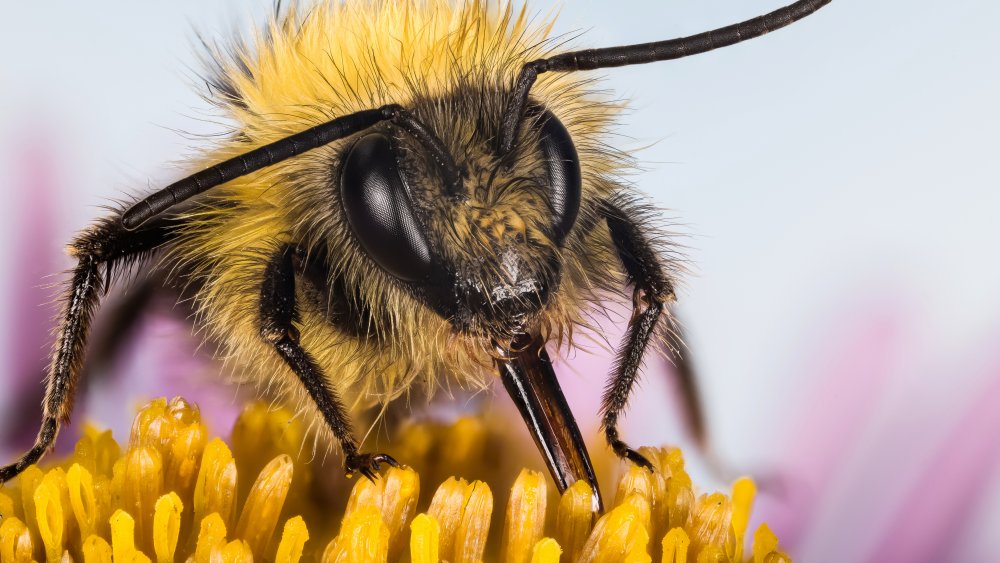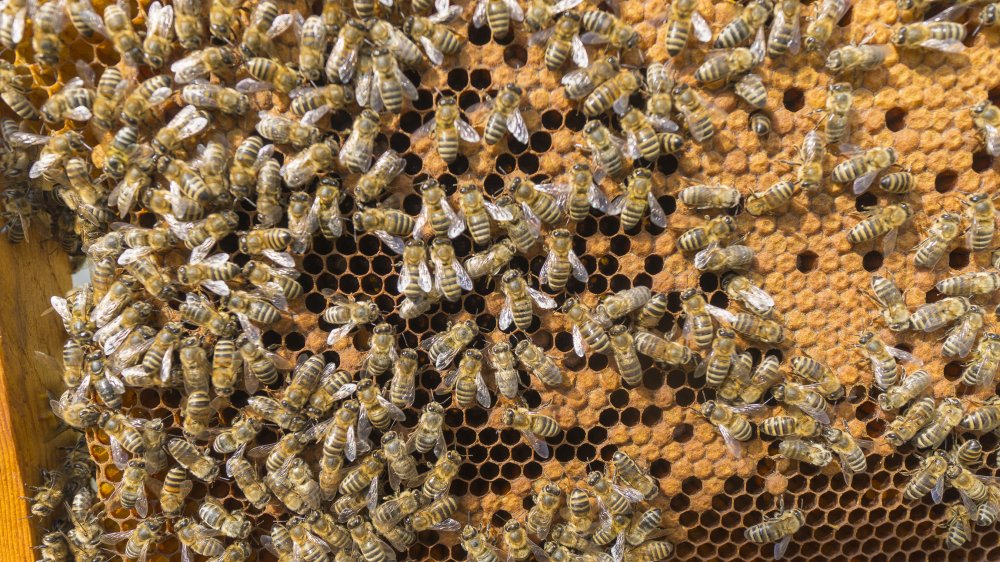Bumblebee Decline Points To 'Mass Extinction', Study Says
Albert Einstein is often quoted as saying, "If the bee disappears from the surface of the Earth, man would have no more than four years to live." Pretty dire pronouncement from the guy whose work paved the way for the atom bomb. On its face, that famous Einstein quote might seem a tad hysterical, but a deep dive into the facts reveals a startling reality.
The human race needs the bumblebee. Bees are the only organisms on the planet evolutionarily tailored to pollinate our food. According to the USDA, almost 35% of our produce relies on bees for pollination. Due to this keystone niche that bees occupy in our ecosystem, a collapse of bee populations could spell disaster for our own species' long-term food security. So when Einstein says we can't make it without the bee, his warning might be worth a listen.
Scientists have been watching bumblebee populations decline since 2000. In the time period between 2000 and 2020, bumblebee populations crashed nearly 46%! Bee populations have been hardest hit in the warmest areas like the southern United States and Mexico. This pattern suggests that warming trends as a result of man-made climate change may be the culprit. A study authored by University of Ottawa PhD candidate Peter Soroye suggested that the bee-pocalypse should be viewed as a harbinger of mass extinctions to come.
We're on the verge of a sixth mass extinction
"We've known for a while that climate change is related to the growing extinction risk that animals are facing around the world. In this paper, we offer an answer to the critical questions of how and why that is," Soroye said. Past investigations into the disappearing honeybees yielded evidence that acute factors like parasites and disease might be to blame for collapsing colonies. Soroye's new findings suggest these factors might just be symptoms of a more systemic challenge.
Given the disappearance of nearly half of North America's bumblebees, scientists are sounding the alarms. Soroye himself argues that we have now entered the world's sixth mass extinction. Unless we take steps to curb carbon emissions and protect bee populations, we stand poised to prove Einstein right. Again.

